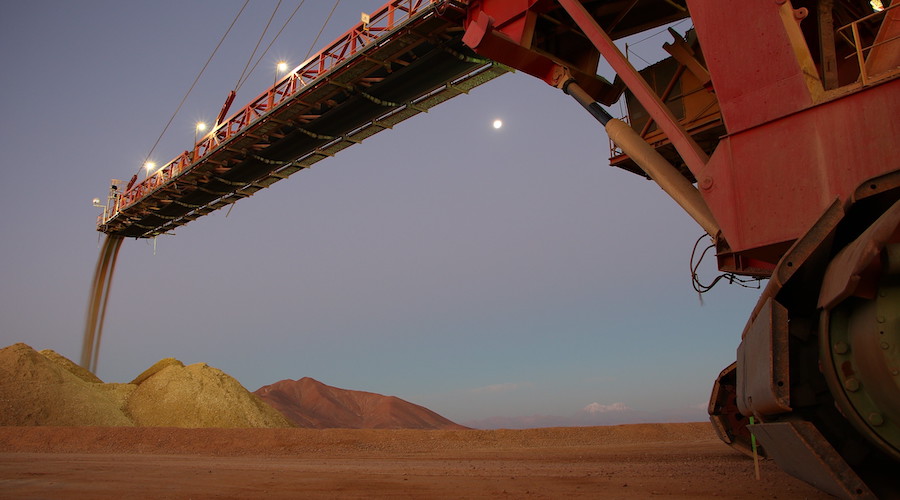Introduction
Chilean state-owned copper producer Codelco, one of the world's largest copper miners, has taken a significant step toward sustainability by signing two energy contracts aimed at achieving a 100% clean electricity matrix by 2030. These agreements mark a pivotal moment in the company’s ongoing transition from fossil fuels to renewable energy sources.
Key Developments
Codelco announced that the contracts, awarded through a public tender, will provide 1.5 terawatt-hours of green power each year starting in 2026. The energy will be sourced from Generadora Metropolitana (a joint venture of Chile’s AME Group and France’s EDF) and GR Power Chile. Spanning from January 2026 to December 2040, the deals also include lithium-ion battery storage to ensure stability and meet both current and future energy demands across Codelco’s operations.
The company, which consumes approximately 9% of Chile’s total electricity, has been progressively shifting to renewables since 2018 through renegotiated contracts and new tenders. This latest move builds on earlier agreements, including a 2024 tender awarded to Atlas, Innergex, and Colbún for 1,800 GWh annually. The transition is projected to reduce CO₂ emissions by 2.78 million tonnes per year, shielding Codelco from potential carbon tax increases and regulatory costs.
Analysis and Perspective
While Codelco’s commitment to decarbonization is commendable, the scale of its energy consumption raises questions about the feasibility of meeting all demands solely through renewables by 2030. Chile’s renewable energy infrastructure, though growing, faces challenges such as grid stability and the intermittent nature of solar and wind power. The inclusion of battery storage in the contracts is a positive step, but it remains to be seen whether the capacity will suffice during peak demand or adverse weather conditions. Additionally, while the reduction in emissions is significant, Codelco’s broader environmental footprint—beyond electricity—must also be addressed to claim true sustainability in mining practices.
On the other hand, these contracts position Codelco as a leader in sustainable mining, potentially setting a benchmark for other global miners. The financial benefits of stable, cheaper renewable energy, alongside protection from carbon taxes, could enhance the company’s long-term competitiveness. If successful, this model could inspire similar transitions in other energy-intensive industries.
